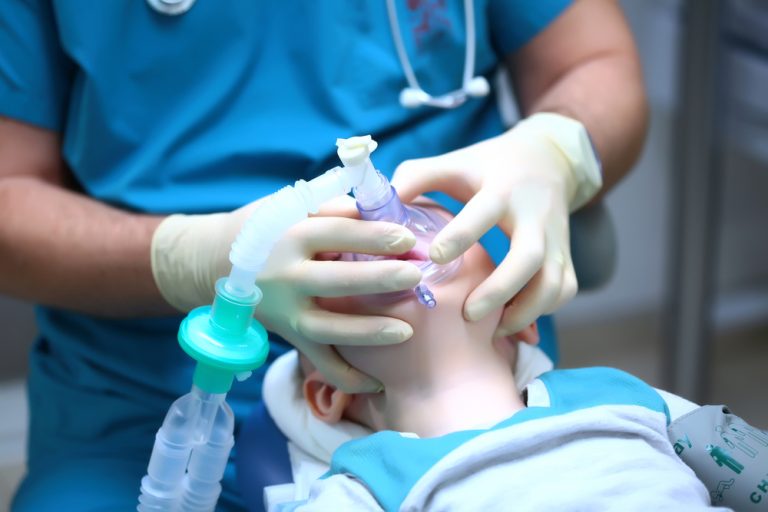This year 350 trainee anaesthetists were unable to get posts for the next stage of their training (higher specialist training ST4) in the NHS, despite there being a shortfall of 1,400 consultants and speciality doctors in anaesthesia, according to the Royal College of Anaesthetists (RCoA).
Despite the shortfall of anaesthetic staff in the NHS, which the RCoA has estimated means around 1 million operations are unable to take place, the HEE does not fund enough training places to meet demand from eligible doctors. There is a mismatch between the number of training places available, which is determined by funding from Health Education England (HEE), and the number of doctors wishing to specialise in anaesthetics.
The 350 doctors that did not get a training place are now unable to progress in their chosen speciality, despite already completing 3 years of training and will have to take positions as non-consultant speciality doctors.
President of the RCoA, Dr Fiona Donald said in a statement from the RCoA:
“At a time when there are over 6 million people in England alone waiting for procedures, and given that most operations require the skills of an anaesthetist, it is vital to the recovery of the surgical backlog that we continue to grow the number of anaesthetic doctors. Anaesthetists in higher specialist training posts make an enormous contribution to the health services during their training. Many will be eligible to be consultants within 4 years at which time they will help to reduce the shortfall in workforce numbers”
The statement also noted that the college has been “campaigning tirelessly” to increase the number of training places.
In May 2022, the college did succeed in prompting the HEE to increase numbers, with 100 extra training places, 70 for anaesthetists and 30 for intensivists.
The increase in numbers was prompted by the college’s report – The Anaesthetic Workforce: UK State of the Nation Report – which analysed workforce data and concluded that the shortfall of 1,400 anaesthetists was already causing 1m operations to be cancelled each year.
However, the RCoA report also warned that “anaesthesia is facing a perfect storm of limited training places, poor retention and an ageing workforce” and at the “current insufficient growth rate, the NHS will have a shortfall of 11,000 anaesthetic staff by 2040 to meet this additional demand.” If this shortfall is not addressed around 8.25 million operations will be prevented from taking place.
Anaesthetists are critical of the NHS’s attempts to clear the backlog of surgery. The NHS’s waiting list for procedures, the vast majority of which will require the services of an anaesthetist, stands at over 6 million. In addition, anaesthetists are needed within maternity departments, for time-critical Caesareans and epidurals, and they need to be available 24/7 to provide airway and critical care skills during all major emergencies, whether adult, paediatric or as a result of major trauma.
Dear Reader,
If you like our content please support our campaigning journalism to protect health care for all.
Our goal is to inform people, hold our politicians to account and help to build change through evidence based ideas.
Everyone should have access to comprehensive healthcare, but our NHS needs support. You can help us to continue to counter bad policy, battle neglect of the NHS and correct dangerous mis-infomation.
Supporters of the NHS are crucial in sustaining our health service and with your help we will be able to engage more people in securing its future.
Please donate to help support our campaigning NHS research and journalism.


